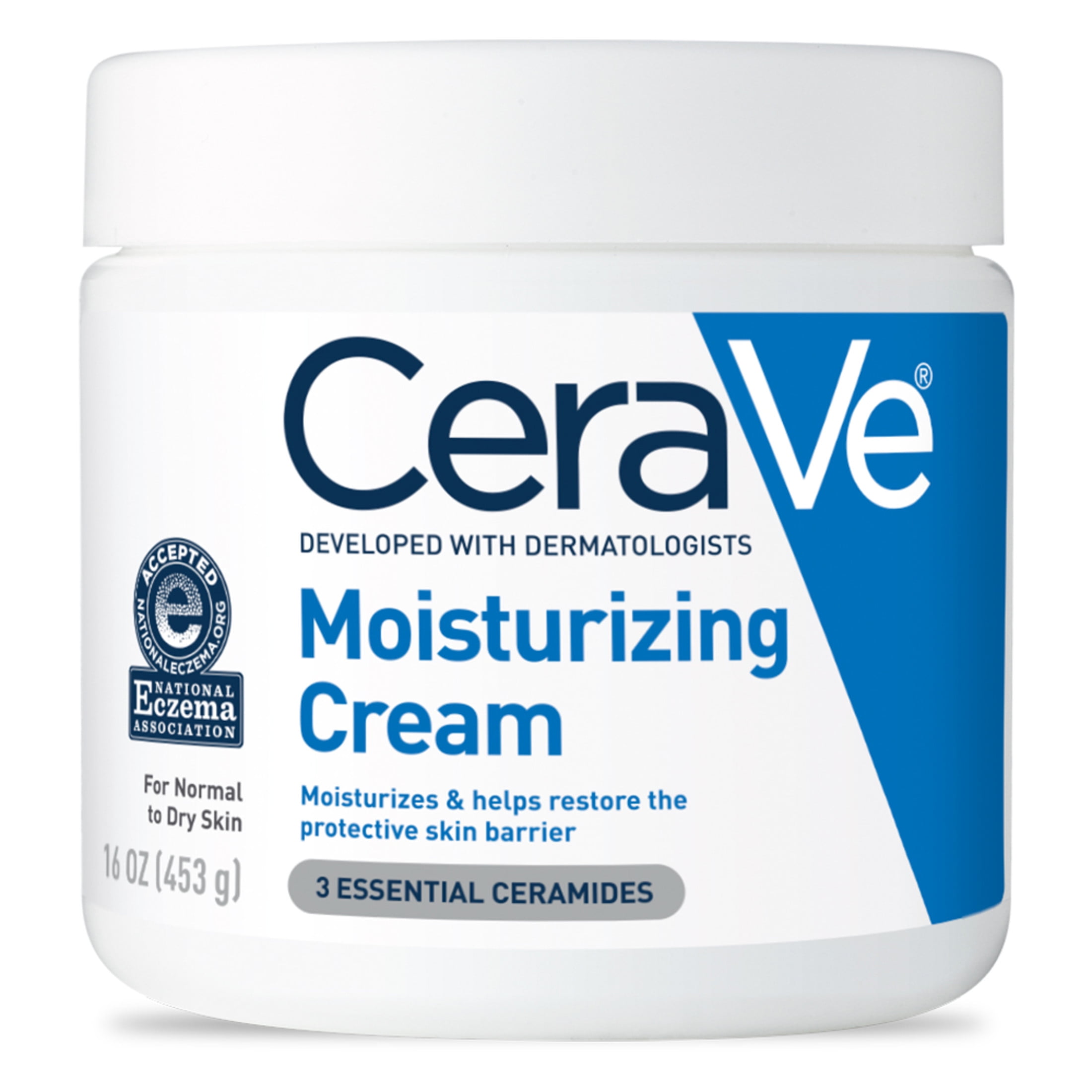BJ255 Insights
Exploring the latest trends and news in various fields.
Moisturizer Mysteries Unveiled
Unlock the secrets of moisturizers! Discover the truth behind hydration and find your perfect skin solution today!
The Science Behind Moisturizers: How They Work and Why You Need Them
The science behind moisturizers lies in their ability to hydrate and protect the skin by creating a barrier that locks in moisture. These products typically contain a blend of ingredients such as humectants, emollients, and occlusives. Humectants, like glycerin and hyaluronic acid, attract moisture from the environment and draw it into the skin, while emollients smooth and soften the skin's surface. On the other hand, occlusives, such as petroleum jelly and lanolin, form a protective layer that helps to prevent moisture loss. Together, these components work synergistically to keep the skin hydrated and supple, making moisturizers essential for maintaining skin health.
Using a moisturizer is crucial for everyone, regardless of skin type. For individuals with dry skin, moisturizers can significantly improve skin texture and resilience, reducing the appearance of flakiness and tightness. Meanwhile, those with oily skin benefit from oil-free moisturizers that hydrate without clogging pores. Furthermore, environmental factors such as climate, pollution, and indoor heating can deplete the skin's natural moisture levels. Regularly applying a suitable moisturizer helps to counteract these effects, leading to a more balanced and radiant complexion. Therefore, incorporating a quality moisturizer into your daily skincare routine is not just a luxury; it's a necessity for optimal skin health.

Common Misconceptions About Moisturizers: Debunking the Myths
Moisturizers are often surrounded by a haze of misconceptions that can lead to confusion about their purpose and effectiveness. One common myth is that moisturizers are only necessary for dry skin. In reality, individuals with all skin types, including oily and combination skin, can benefit from moisturizers. The right formulation helps to maintain the skin's barrier, preventing moisture loss and keeping the skin supple. Additionally, some people believe that using a moisturizer can cause clogged pores or breakouts, but many products are specifically designed to be non-comedogenic, making them safe for acne-prone individuals.
Another prevalent misunderstanding is that thicker creams are always better for hydration. This is not true, as the effectiveness of a moisturizer depends on its ingredients rather than its texture. Many lightweight lotions contain powerful hydrators like hyaluronic acid or glycerin that can deliver intensive moisture without the heavy feel. Furthermore, some users think that applying moisturizer on oily skin can make the problem worse. In actuality, moisturizing helps balance oil production, leading to healthier skin overall. Always remember to look for products suited to your individual skin needs.
Choosing the Right Moisturizer for Your Skin Type: A Comprehensive Guide
Choosing the right moisturizer for your skin type is crucial for maintaining healthy, hydrated skin. Different skin types, such as oily, dry, combination, and sensitive, require specific ingredients and formulations to meet their unique needs. For example, individuals with oily skin should look for lightweight, non-comedogenic moisturizers that contain ingredients like gel-based formulas or hyaluronic acid. Conversely, those with dry skin benefit from richer, cream-based moisturizers that include ceramides or shea butter to lock in moisture.
Additionally, skin types can vary throughout the seasons or due to hormonal changes, so it’s important to reassess your moisturizer periodically. For combination skin, where some areas are oily and others are dry, opting for a lightweight lotion can strike a balance. For sensitive skin, choose products labeled fragrance-free and hypoallergenic to minimize irritation. By understanding your skin type and its moisture needs, you can make informed choices that enhance your skin's health and appearance.